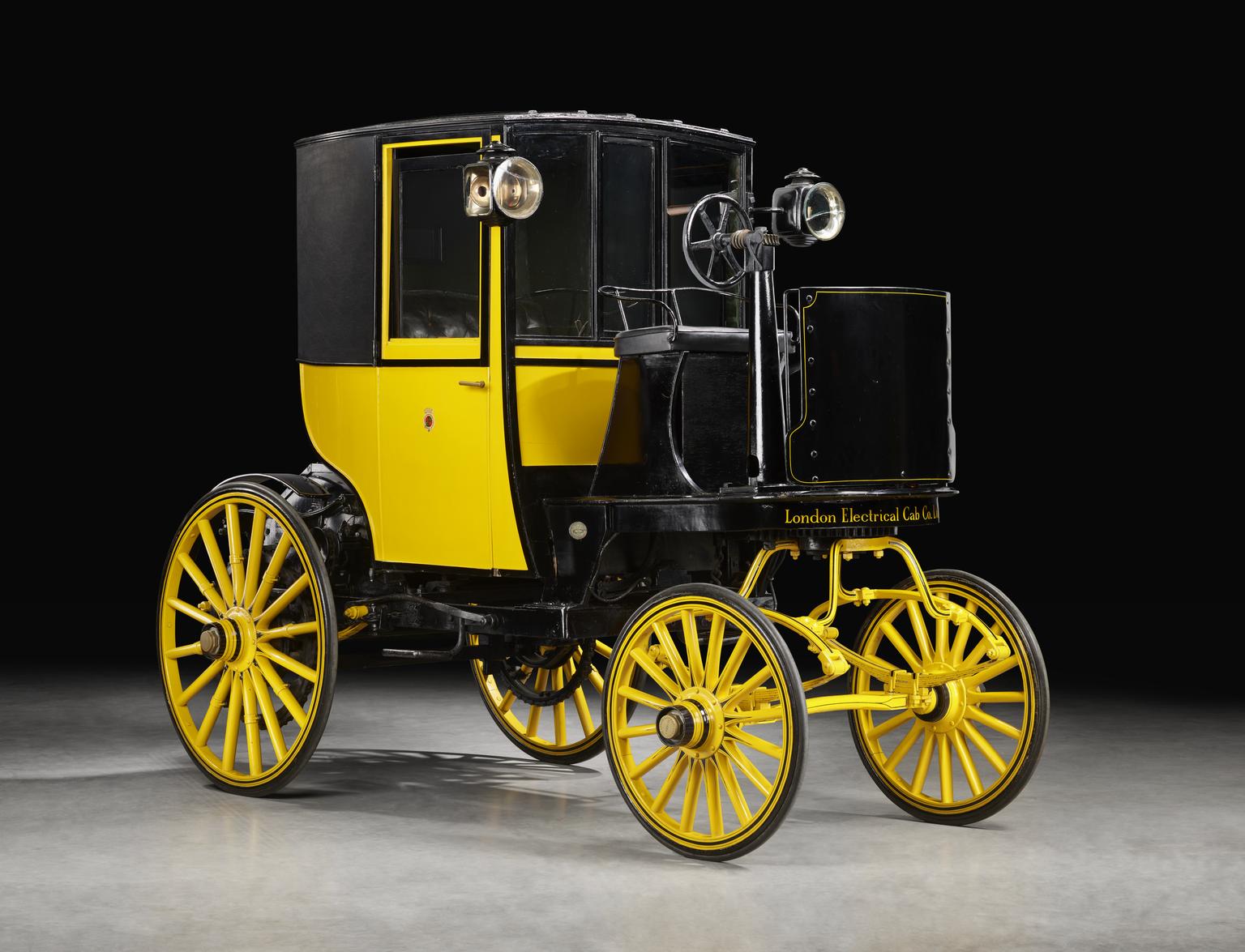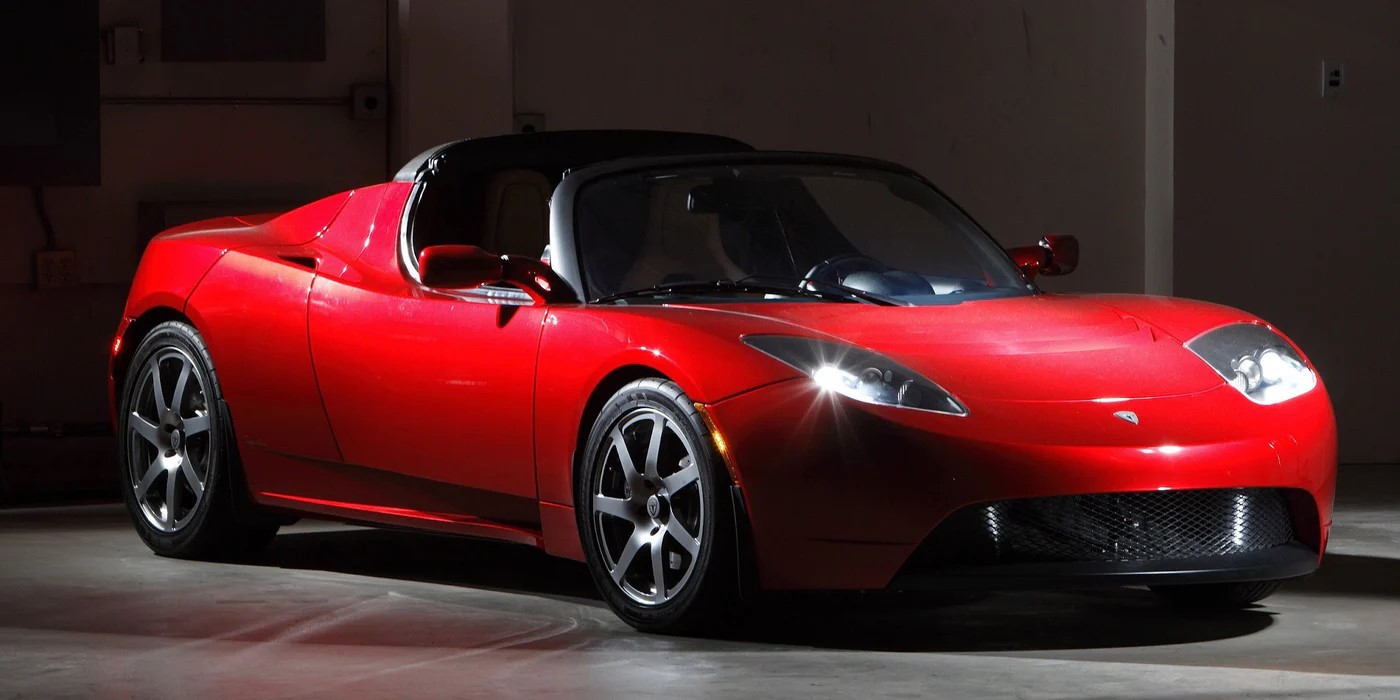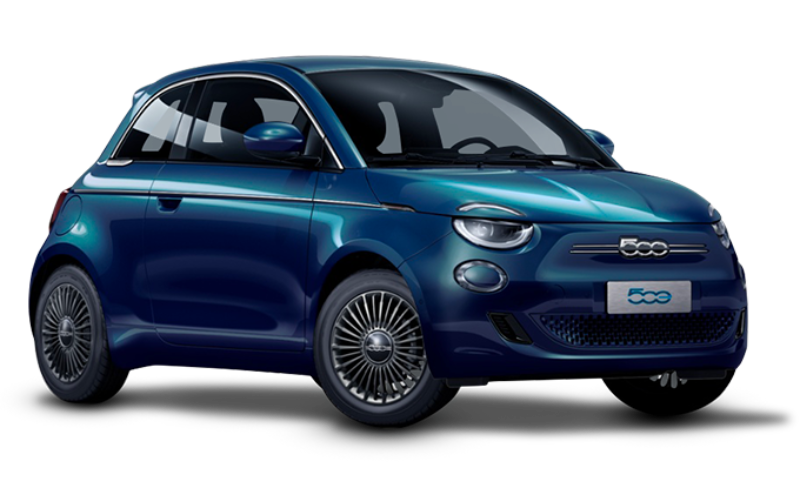Rising popularity of electric vehicles in the UK
ZapMap’s latest EV market share report shows that the electric vehicle (EV) trend is booming and stronger than ever.
For the first time, EVs have accounted for over 20% of new car registrations for three months in a row. In 2024 alone, 338,314 brand-new fully electric cars have hit the roads, making up 18.7% of the total market share for new cars this year.
Meanwhile, diesel cars are on the decline, dropping to just 6.4% of the market share, with a significant -12.6% change compared to last year.
The start of the EVs

Did you know that electric vehicles started out in the 19th century Walter Bersey designed and introduced a fleet of battery-powered taxis, by the 1900s electric cars accounted for a third of all vehicles on the road in the US. Thomas Edison began to explore ways to build a better battery utilising technology, whilst Ferdinand Porsche introduced the first ever hybrid vehicle.
Skip a few years ahead, Tesla Motors created the first highway legal series production fully electric car which was first delivered to customers in 2008. This vehicle was also the first to travel more than 200 miles on a single charge.
In 2016, EVs hit the huge global sales milestone of one million fully electric cars and vans. March 2020, we saw Tesla reaching a massive milestone of being the first manufacturer to produce one million electric cars!
At the end of 2020, electric vehicles had only 6.6% out of all new vehicles registered. There were 205,770 electric cars on the road in the UK in 2020, this was just before the pandemic hit when details on the climate crisis became headline news.

EVs and salary sacrifice go hand in hand
Recent reports show a huge increase in EV statistics for 2024. According to ZapMap, there were 2,083,175 plug-in electric cars with over 1,300,000 battery-electric cars and over 740,000 plug-in hybrid vehicles registered in the UK.
Fully electric cars and hybrid cars have both grown substantially, with EV’s becoming a much more popular choice over the past 4 years, with 439,568 and 1.3% of all cars registered in 2020, to 2,028,907 and 6.1% of all cars registered in 2024.
With a salary sacrifice scheme, choosing an electric car has never been more simple and cost-effective. The Benefit in kind (BiK) rates have now been set in the Autumn budget until 2030, with a 1% increase year on year (YOY) between 2025 and 2028, following a 2% increase YOY until 2030, taking out an electric car on the salary sacrifice scheme allows you to drive an electric car whilst benefiting from the low BiK throughout your agreement.

What does the future of EV growth look like?
The interest in electric cars is increasing every year, and this is only set to continue. By 2030, 80% of cars globally sold have to be zero emissions, and the target is 100% by 2035. However, accessing an EV through a salary sacrifice scheme is the most affordable way to access this technology. Choosing an EV on the CPC Drive car benefit scheme allows you to save on national insurance and income tax, alongside the added benefits of insurance, MOT, roadside assistance, breakdown cover and replacement tyres, all included in one monthly amount.
Why are EVs so popular?
We could tell you a whole host of reasons as to why EVs are popular, but why not hear from our EV drivers on their experiences? We have a host of happy stories on the knowledge hub that will give you some insight on life with an EV.
Read our case studies